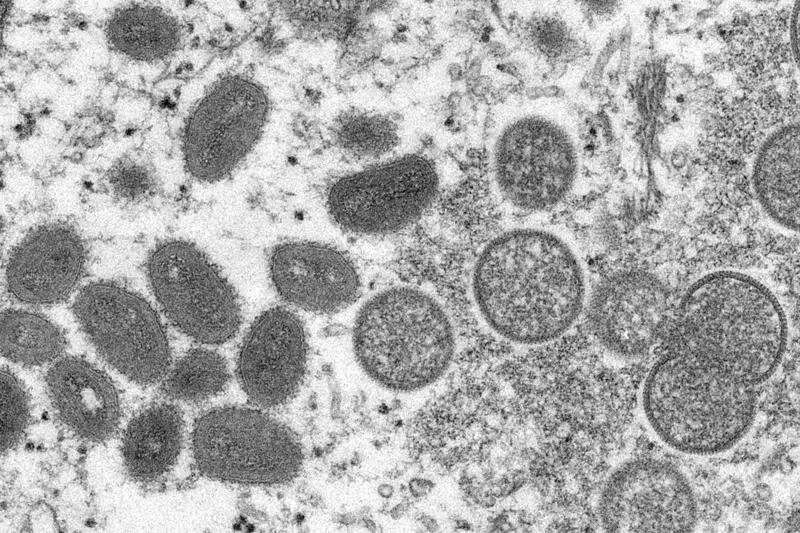
Public health expert urges Jamaicans to take monkeypox seriously
LOCAL health experts say Jamaicans should take the threat of monkeypox seriously given the implications for the public health system.
Dr Kevin Harvey, head of the School of Public Health and Health Technology at the University of Technology (UTech), says although monkeypox is generally a mild illness, the potential economic fallout, especially at this stage of the novel coronavirus pandemic recovery, could be significant.“Any outbreak that we have, the financial and economic impact to the country is tremendous. And, as you can imagine, if we were to hear that we have an outbreak of monkeypox in Jamaica it would severely impact tourism as well as the local population, as we are just in the stages of COVID recovery,” he told the Jamaica Observer on Thursday.
However, the public health and infectious disease expert pointed out that monkeypox is not as easily spread as COVID-19, and could therefore be more easily contained.
“It is also milder, and on the individual level would have a lesser impact, but it would be very difficult because of the surrounding impact of these types of outbreaks so it is something that we have to take very seriously,” he said.Dr Harvey noted that significant protection and containment lessons have been learnt from the management of COVID-19 which would benefit the country in the event of cases of monkeypox.
The World Health Organization (WHO) reported on Saturday, May 21 that there were confirmed cases of the disease in 12 countries outside of Central and West Africa, where the rare viral infection is endemic. Meanwhile, the European Centre for Disease Prevention and Control reported on Wednesday that 118 out of 219 worldwide cases have been confirmed in European Union member countries.
Individuals who contract monkeypox usually recover without treatment but one in 10 cases can be fatal, depending on the strain of the virus.
Symptoms usually start with fever, headache, exhaustion, backache, chills, muscle aches, and swollen lymph nodes, and the disease is more likely to cause severe illness in pregnant individuals, the immunocompromised, and children.Most of the cases have been linked to sexual transmission among men who have sex with men, and the WHO has not been able to make any links to travel to endemic areas.
Human-to-human transmission is limited, the WHO notes, and cases are often found close to endemic areas where there are animals who carry the virus. It is transmitted through contact with bodily fluids, lesions on the skin or in the mouth or throat, as well as through respiratory droplets and contaminated objects.
But, one medical doctor expressed concern that there could be some level of fear mongering and unwarranted anxiety, being driven particularly by the media, given that the virus has been endemic to Africa for decades.
“There have been cases in Africa for a long time. Up to yesterday [Wednesday] there was only one confirmed case in the US, and about four suspected cases,” he remarked to the Observer. He pointed to the 2003 outbreak in the US Midwest, where the virus was imported by infected animals.
“In 2003 it didn’t make the news, none of us knew of it. Now in 2022 we have one case in the US and all of a sudden there is panic, so I’m not really understanding what all the panic and fear mongering is about,” he said.
He stressed that naturally the public should be vigilant, but that the threat of monkeypox should be considered in context. The physician said of particular interest is the fact that when this disease was restricted to its endemic status, it did not appear to be considered a global crisis.
Opposition spokesman on health, Dr Morais Guy this week urged the health ministry to move with urgency to start making preparations in the health sector.
He told the Observer on Thursday, that while some may believe a “mountain is being made out of a molehill”, there is cause for concern as, in addition to public health, the tourism sector could suffer if there is another viral outbreak.
“Some cases can result in death. If it were to infect a significant portion of our population then our health services, just like with COVID, would be overwhelmed. Our markets are primarily USA, Canada, UK, Europe, and those four areas are where we have seen it popping up; and because the incubation period is about 14 days, any person arriving in the country could be carrying it and only start manifesting when they’re here and spread it to others,” he explained.
























